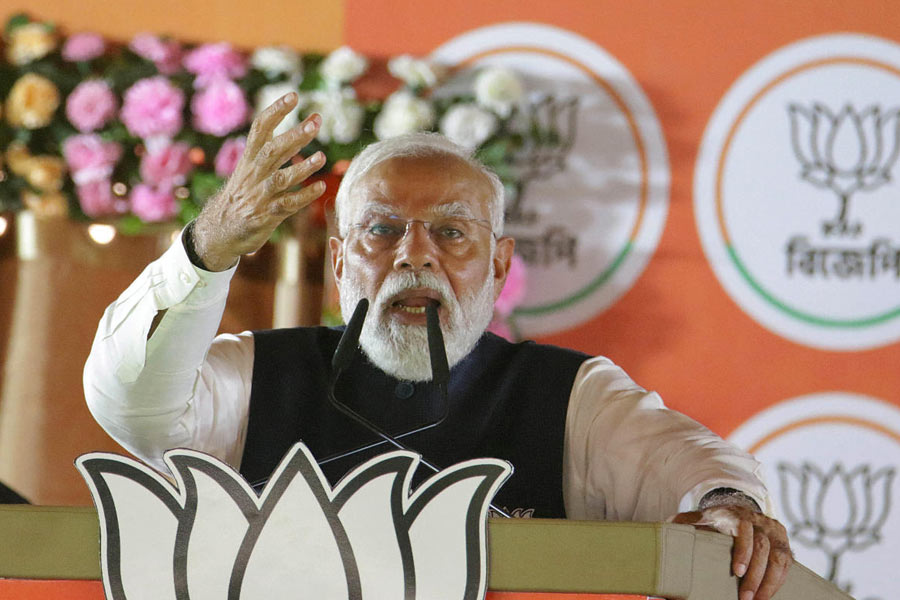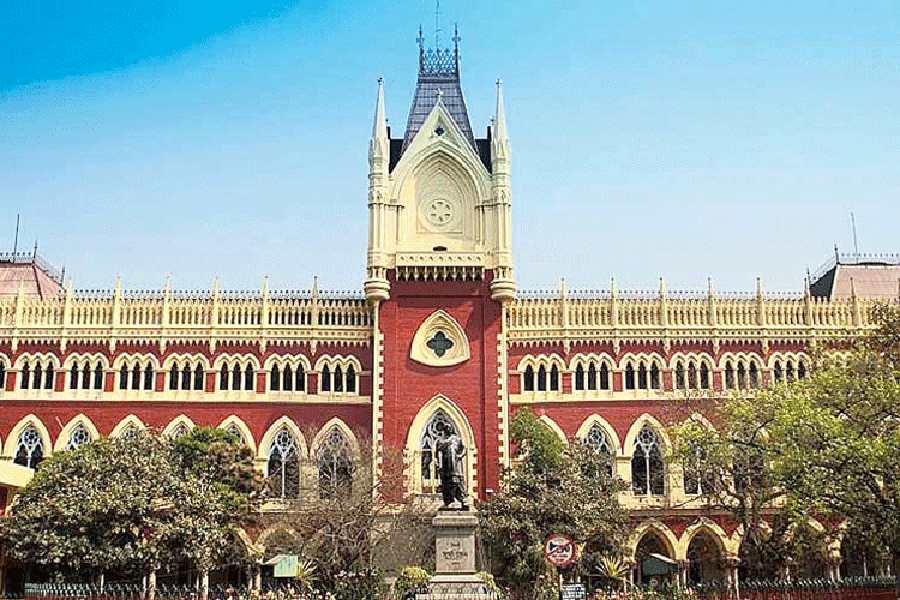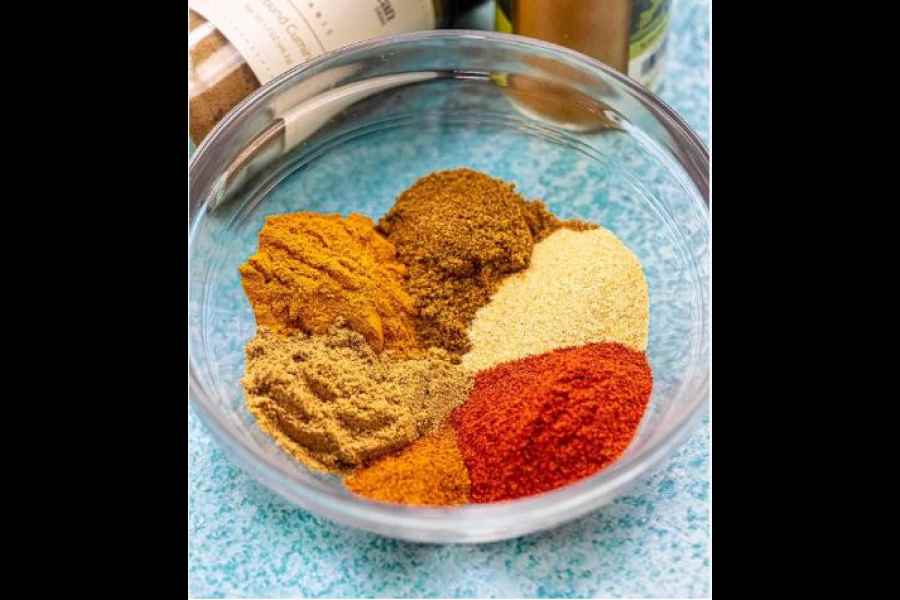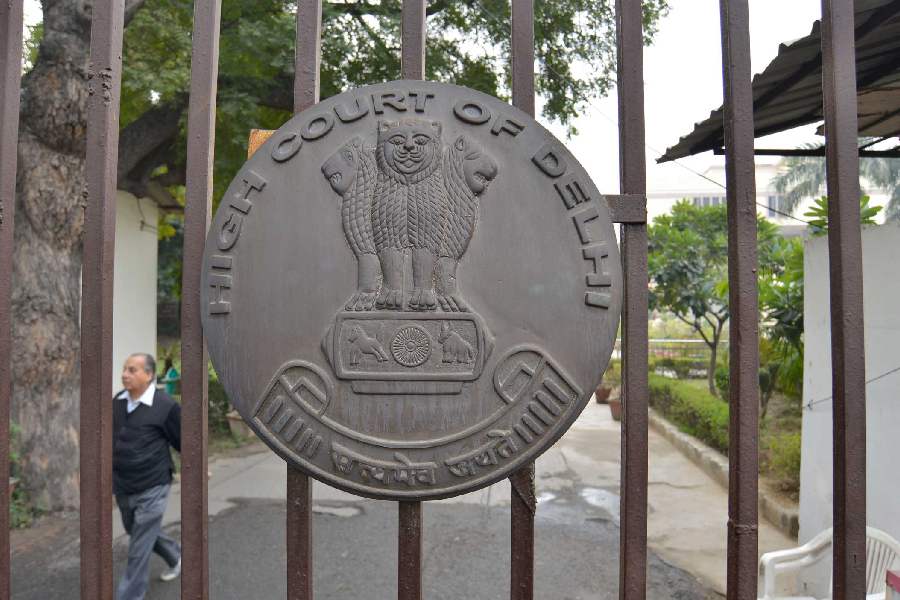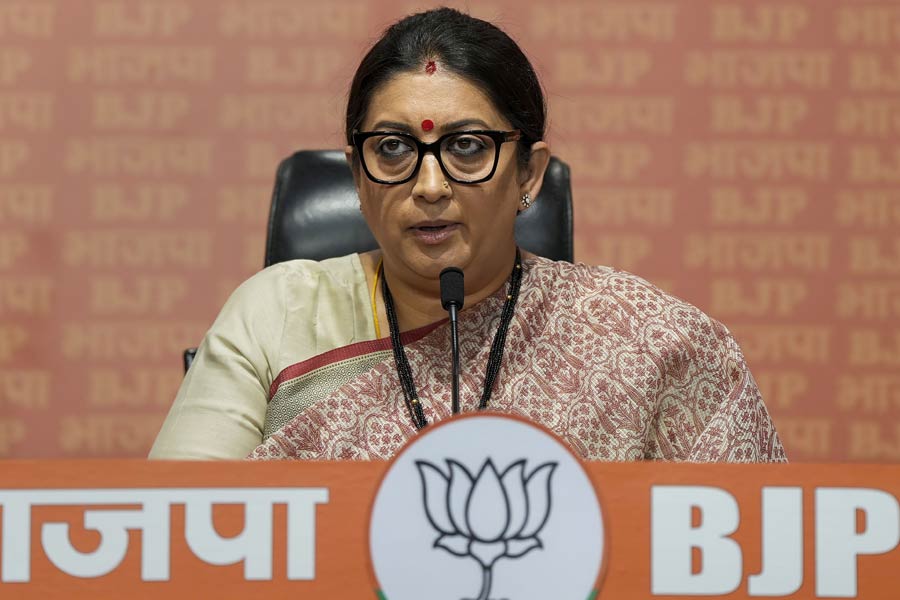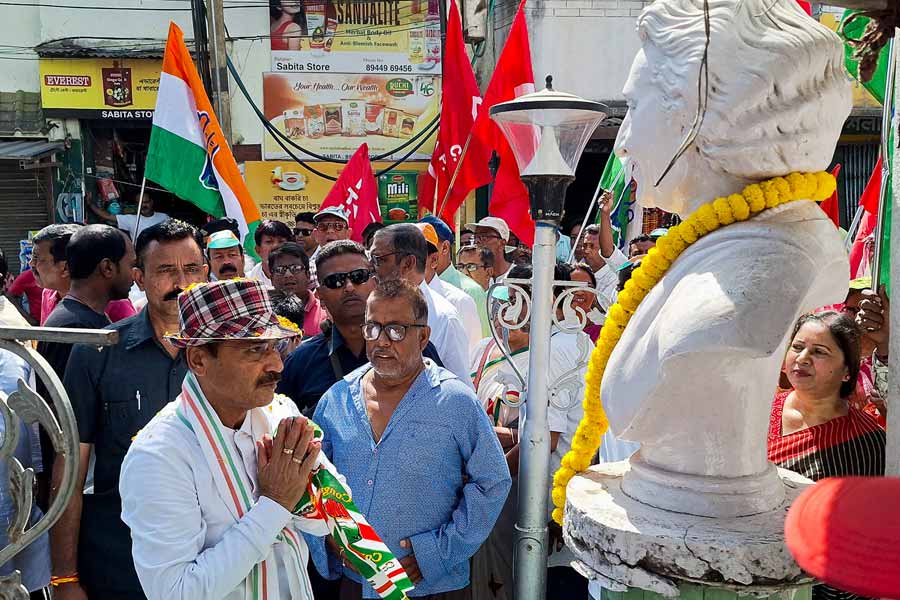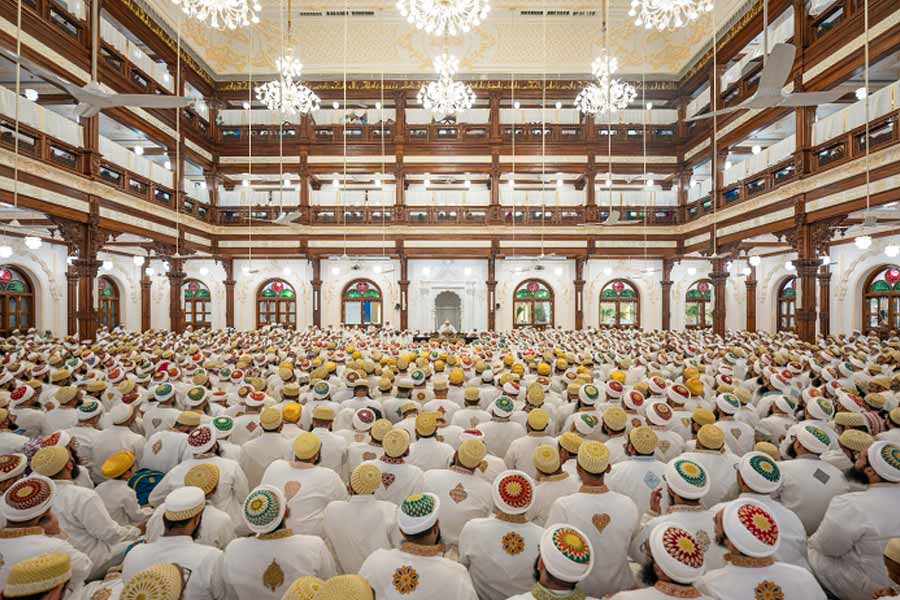The Naga Tribal Union, Chumukedima town, here on Wednesday demanded a resolution on the Nagaland Liquor Total Prohibition (NLTP) Act, 1989, to decide whether it should be given more teeth or relaxed altogether by enactment of a law.
In the event of enactment of such a law, the vendors should strictly follow it so that spurious liquor would be done away with to ensure better quality of liquor at cheaper price, least consumption and government revenue, the uni-on said in a release issued by its vice-president, Akum Imchen, and joint secretary, Akato Sema.
The union demanded that the Nagaland Baptist Church Council (NBCC), which is totally against the lifting of the NLTP Act, convene a meeting involving all stakeholders and come out strongly with a resolution on the Act.
The Nagaland government passed the NLTP Act in 1989 and made the state a dry state.
Though the state had prohibited sale of India-made foreign liquor (IMFL), local brews like zutho are exempted from the prohibition. Despite passing of the Act, the flow of IMFL has in the state increased manifold through liquor barons and bootleggers.
The IMFL is easily available in grocery, confectionery and garment shops, restaurants and hotels and in pan shops all over the state, particularly Dimapur and Kohima.
The union said it is 101 per cent certain that any acceptable resolution adopted from such a meeting would be acknowledged and approved by the state government. It alleged that the NBCC is least although NLPT Act was enacted at the behest of its intensive protest rallies and demands.
The union congratulated the Dimapur Naga Students’ Union for demanding closure of all liquor shops and check on flow of liquor in Dimapur. On February 22, it served a seven-day deadline to the exercise department to strongly implement prohibition.
Following the ultimatum, the excise department on Monday decided to set up a “dedicated committee” to curb flow of liquor in the town.
The organisation said the time is ripe for a “great uprising”, a time to start a revolution to uproot social evils and do away with all sorts of corruption in society. It said unless the young people wake up to bring deliverance for their future from near doom, nobody can do it for them.
It pointed out that the hardest part to contain the alcohol menace as per its experience is excise and police personnel patronising bootleggers by accepting cash on regular basis and “loose national workers” going door-to-door collecting cash from the sellers although they are not permitted by the authorities.


